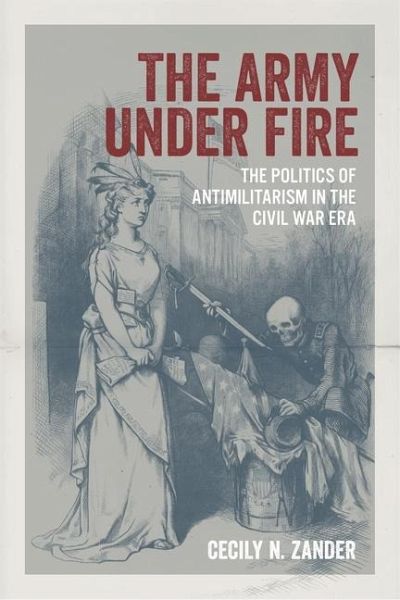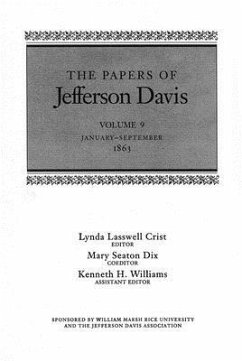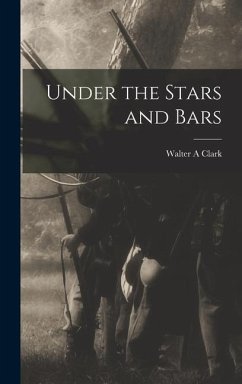
The Army Under Fire
The Politics of Antimilitarism in the Civil War Era
Herausgeber: Parrish, T Michael

PAYBACK Punkte
24 °P sammeln!
"Cecily Zander's "The Army under Fire" addresses two essential questions about the Civil War and its aftermath. First, what was the extent of anti-militarism in the Civil War era, and who were its proponents? Second, what consequences did political opposition to the professional army have on the war, Reconstruction, and postbellum western expansion? Zander suggests that the principal promotors of an anti-army ideology were the members of the Republican Party-the same men charged with overseeing the Union war effort between 1861 and 1865, as well as the military reconstruction of the nation in ...
"Cecily Zander's "The Army under Fire" addresses two essential questions about the Civil War and its aftermath. First, what was the extent of anti-militarism in the Civil War era, and who were its proponents? Second, what consequences did political opposition to the professional army have on the war, Reconstruction, and postbellum western expansion? Zander suggests that the principal promotors of an anti-army ideology were the members of the Republican Party-the same men charged with overseeing the Union war effort between 1861 and 1865, as well as the military reconstruction of the nation in the decade that followed the collapse of the Confederacy. While scholars have long appreciated the Republican Party's anti-slavery roots, this study is the first to argue that anti-slavery attitudes developed in concert with a visceral anti-army ideology. Zander's work contains several historiographical interventions in the fields of Civil War history, nineteenth-century political history, and the history of the American West. She suggests that the Republican Party advanced an anti-army political philosophy in tandem with their anti-slavery ideology. Over almost two decades, they stalled legislation supporting the army, cut military funding, and reduced the institution's size. Zander's work counters narratives of accelerated western expansion supported by a more powerful army after the Civil War. She also advances a revised timeline for Reconstruction, suggesting that Republicans rapidly reduced their interest in supporting that policy in the South via military force between 1870 and 1872, which means the party's ideological commitment to the national reunification project ended four years earlier than the traditional date of 1876. Historians interested in the middle decades of the nineteenth century are likely to find "Republicans and Regulars in the Civil War Era" worthy of attention, especially scholars invested in the debates surrounding the chronological and geographic reframing of the Civil War and Reconstruction. Because of the notoriety of many of the work's most important characters-from Jefferson Davis and William Seward to Thaddeus Stevens and Zachariah Chandler, as well as William Tecumseh Sherman, Phillip Sheridan, and Ulysses S. Grant-general readers are also likely to be interested in this study"--













